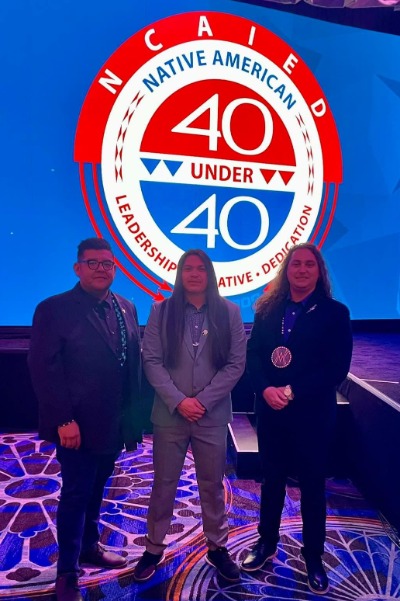
GambleAware has announced the appointment of Andy Boucher, previously a partner at PricewaterhouseCoopers (PwC), as its new trustee.
Boucher will join the GambleAware board and support the charity in commissioning proven prevention, education, treatment and support services. GambleAware served the UK gambling market.
Boucher is a retired Senior Professional Services Partner and CPA with a career spanning over 34 years.
He has held a number of senior positions throughout his career, most notably as a partner at PwC. Boucher served in this role for more than 16 years, specializing in helping groups develop and implement their tax strategy.
Boucher also served as EMEA tax manager at Accenture and European tax manager at Smith & Nephew.
Later in his career, Boucher became involved in social causes both personally and professionally. These include social mobility, homelessness and homelessness prevention, and neurodiversity in the workplace.
“We are delighted to welcome Andy to the Board,” said Baroness Kate Lampard, Chair of GambleAware’s Board of Trustees. “He has a range of skills and experience that will benefit us and guide us in the years to come.
“We look forward to working with him and know he can make an enormous contribution to ensuring the best outcomes for people who are victims of gambling harm.”
Lampard is also a member of the GambleAware board alongside Saffron Cordery, Siân Griffiths, Michelle Highman, Rachel Pearce, Paul Simpson, Baroness Hilary Armstrong, Marina Gibbs, Mubin Haq, Koravangattu Valsraj, Mel Nebhrajani and Sir Alan Moses.
GambleAware report links problem gambling to discrimination
The appointment comes after GambleAware released a new study this month linking problem gambling to discrimination. The study, carried out by Ipsos UK and ClearView Research with support from the University of Manchester, focused on possible links between problem gambling and discrimination.
GambleAware said the key finding was the link between problem gambling and discrimination. Half of those from minority communities who suffer from gambling problems are more likely to have experienced discrimination in public than those who have not had a gambling problem.
Some respondents spoke of a connection between experiencing discrimination and susceptibility to gambling harm. These included racism and discrimination, which led to increased gambling behavior, but also feelings of social exclusion, limited employment opportunities and an increased risk of mental health problems.
More help from GambleAware
Additionally, GambleAware is opening a new financing program this month. This is an attempt to address some of the issues highlighted in similar research.
A separate study found that the gambling participation rate for minority groups was 31%. This was lower than white Brits, 48% of whom take part in some form of gambling. However, 42% of minority gamblers suffered some form of gambling harm, compared to 20% of white British gamblers.
In response, GambleAware is providing £4.3 million (€5.0 million/$5.5 million) to organizations in England, Scotland and Wales to help address such issues.







